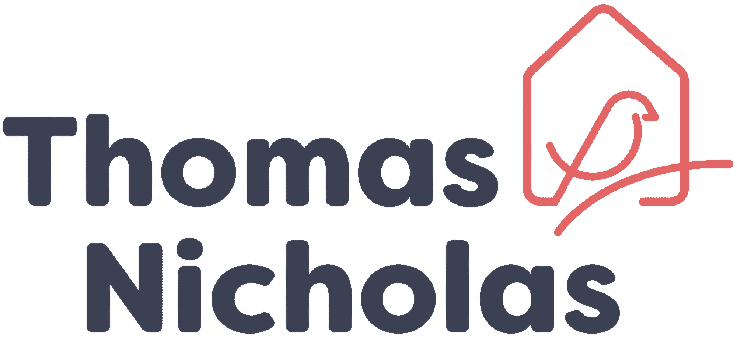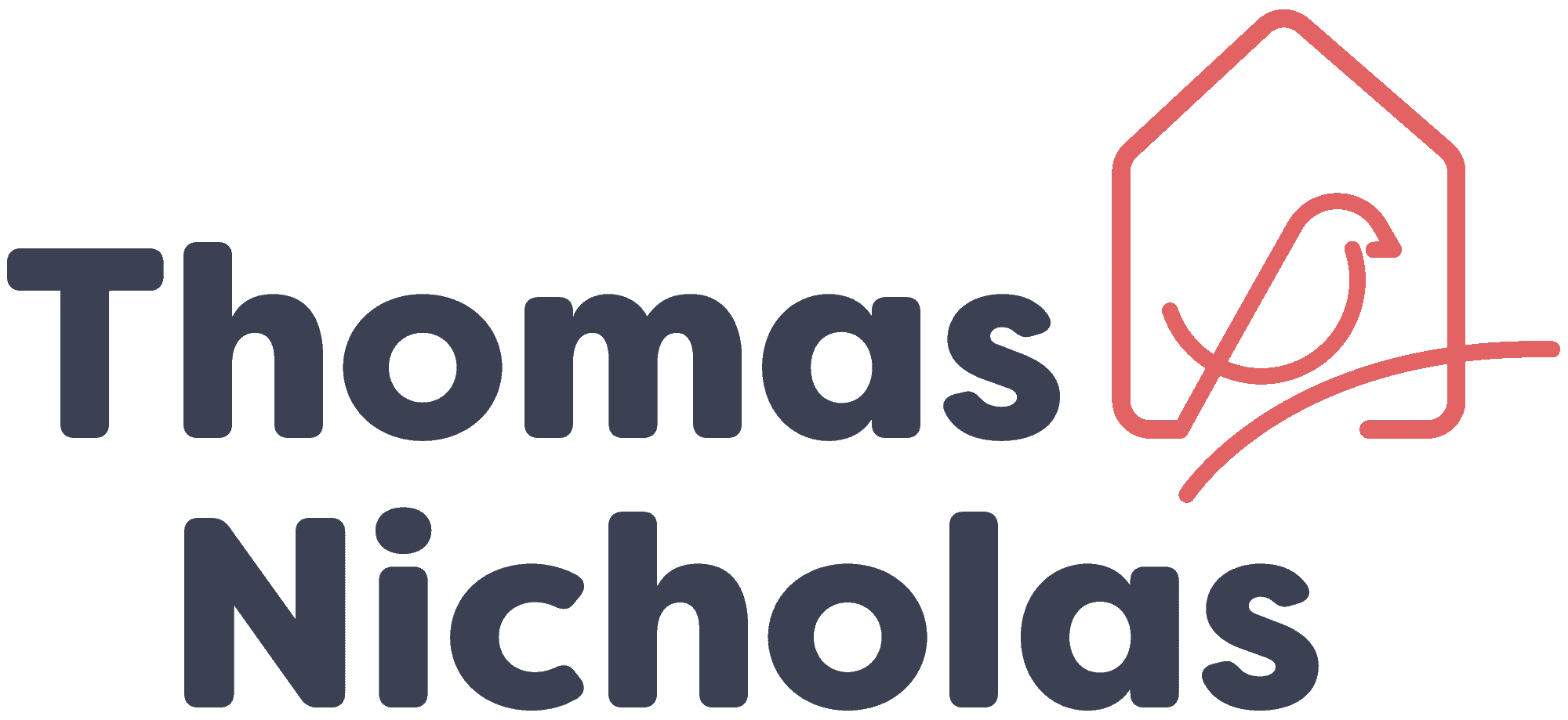By the end of 2019, there were more than five million self-employed people in the UK. While self-employment offers many benefits, from the flexibility of hours to ‘being your own boss’, there can be some downsides – especially when it comes to getting a mortgage.
Most lenders are more than happy to lend to self-employed clients based on their normal income and affordability criteria. However, the way a bank approaches your application can differ if you own your own business.
Here are five tips for getting a self-employed mortgage.
1. Understand how your business structure affects your mortgage
How you set up your business will have an impact on the underwriting of your mortgage. Lenders use different criteria, so it’s worth understanding how your structure affects your borrowing potential.
- Sole trader – Lenders will normally use your net profit as your income. If your income has increased over recent years, lenders will usually take the average income from the past two or three years. However, if it has gone down, lenders are likely to use the latest and lowest figure.
- Limited company director – Your income can be assessed by two methods. The first is to calculate your income based on salary and any dividends from the business. The second option is to assess your salary in addition to retained profit in the company. Some lenders will base the amount you can borrow on your previous few years’ income, whereas others calculate it based on only your previous year of trading.
- Partner – Mortgage lenders will typically look at your individual share of partnership profits. If your income is increasing, lenders will usually take the average income from the past two or three years. If it has reduced, a lender is likely to use the latest and lowest figure.
- Contractor – If you are a contractor earning a day rate, lenders usually multiply the rate by the number of working days in the year. They may also require at least a year’s contract history. As you will typically pay tax through self-assessment, you can provide lenders with an SA302 form to prove your income. If you have your tax taken at source, it may be possible to get a lender to use your invoices, or the contract itself.
2. Check your credit score
When you apply for a mortgage, the lender will carry out a credit check. They will obtain information about you from a credit reference agency and use this to determine whether you are likely to be a good risk.
Your credit file contains information about how you’ve managed previous credit commitments such as mortgages, loans and credit cards. If you have defaulted on any debts, missed any payments, or paid late then this will appear on your record.
There are three credit reference agencies in the UK:
- Equifax
- Experian
- TransUnion
You can access your credit report online, and all three agencies are obliged to provide you with a copy of your credit report for free.
Before you apply for a mortgage, it is important to check your credit file to see what information is held. This enables you to identify if there are any issues on your account that are likely to be of concern to a lender, such as missed payments you have overlooked. Checking your file also enables you to correct any mistakes that may exist.
3. Be prepared
In reality, there’s no such thing as a ‘self-employed’ mortgage. Self-employed applicants go through the same underwriting process as other borrowers, so you will have to prove your identity, your income, and that the mortgage is affordable to you.
So, being prepared is an advantage when it comes to supplying the documents a lender will need. The evidence you provide will depend on the structure of your business (see above) but you’ll generally have to supply:
- Two years’ certified accounts, ideally prepared by a chartered accountant
- Two years’ SA302 forms and HMRC tax overviews
- Evidence of dividends or retained profits
- ID (driving licence, passport) and proof of address
- 3-6 months’ bank statements for your personal and business accounts. Which brings us to…
4. Think about separate business and personal accounts
If you’re a sole trader, it’s possible that you use the same bank account for your personal and business transactions. Your account may feature a mixture of both business expenses and your personal spending.
Sometimes this can cause an issue with a lender as it can be difficult to separate legitimate business expenses from your everyday transactions. It can also paint a false picture of your expenditure when it comes to calculating affordability.
If you’re self-employed and thinking about getting a mortgage it may be better to operate separate business and personal accounts.
5. Get advice early
There are thousands of mortgage deals in the market through dozens of lenders, each applying their own unique underwriting criteria. Quite often a self-employed person can find themselves knocked back by one lender while another is more than happy to agree the required mortgage.
This is where getting professional mortgage advice can really help you.
A mortgage broker with experience in self-employed mortgages knows which lenders are likely to help you based on your specific circumstances. They know that Lender A is happy to look at dividends or retained profit, and that Lender B is comfortable with contractors.
Taking advice before you apply can benefit you in other ways. If you approach several lenders and your mortgage application is repeatedly declined, it can damage your credit rating, as well as being time-consuming and frustrating.
One of the other advantages of working with an independent mortgage broker is that they can give you advice on how you structure your income, well in advance of applying for your mortgage.
Chatting to a specialist even a year or two before you apply can give you some idea of the level of income you’ll need to declare in your accounts or self-assessment in order to get the mortgage you need.



)
